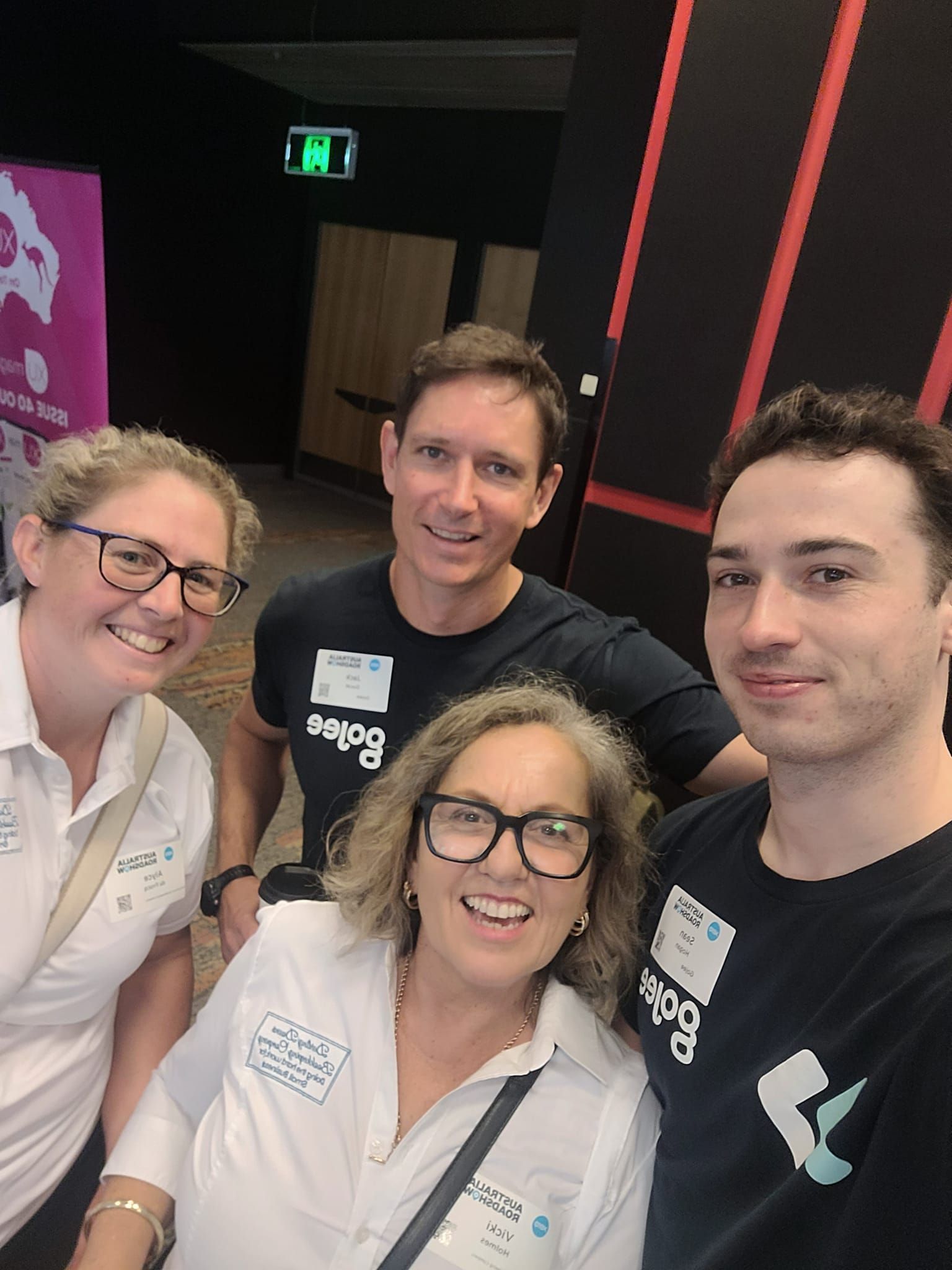DARLING DOWNS BOOKKEEPING COMPANY
BOOKKEEPers IN TOOWOOMBA
- Over 20 years of bookkeeping experience
- Competitive rates & free consultations
- Delivering services remotely & on-site
Request a Call Back
Contact Us
Thank you for contacting Darling Downs Bookkeeping Company .
We will get back to you as soon as possible.
Please try again later.
TOOWOOMBA BOOKKEEPING
Keeping up with day-to-day bookkeeping tasks often becomes a challenge when you’re focused on running your business. At Darling Downs Bookkeeping Company, we offer licensed bookkeeping services to business owners across Toowoomba and surrounding areas, such as Highfields, Gatton and Warwick. Our team handles the routine financial work for your business.
We record transactions, reconcile accounts and organise invoices using platforms like Xero. Our bookkeepers support businesses with weekly, monthly or quarterly cycles, depending on your preferred schedule. Every task is completed in line with current reporting standards and bookkeeping requirements.
As registered BAS agents with a Cert IV in Bookkeeping, we maintain records across income, expenses, accounts payable and receivable. We assist sole traders, partnerships and companies across different industries with financial recordkeeping.
If you need bookkeeping services, call
0448 833 550 to speak with our team.
How We Handle Your Bookkeeping
We aim to provide a clear and consistent structure for managing your financial records. When you work with us, you’ll deal directly with one bookkeeper who prepares, updates and maintains your files across each reporting cycle.
We can manage your invoicing, follow up on outstanding payments and reconcile bank accounts to match your software records. We also assist with account categorisation, digital filing and ongoing updates as part of your regular cycle. For business owners working with accountants or tax agents, we provide documentation to support year-end reviews and tax reporting. Our work is aligned with current bookkeeping legislation and the obligations outlined by the ATO.
Bookkeeping is available as a standalone service or combined with
BAS,
payroll and
EOFY preparation. Let us know how often you’d like support — weekly, monthly or quarterly — and we’ll get working.
THE DIFFERENCE BETWEEN A BOOKKEEPER & ACCOUNTANT
A bookkeeper and an accountant both work with financial records, but they have different roles and responsibilities. A bookkeeper focuses on the daily financial activity of a business. This includes recording income and expenses, reconciling bank accounts, processing payroll, managing invoices and maintaining accurate ledgers. Bookkeepers often use cloud-based software to complete these tasks and may be registered as BAS agents, which allows them to prepare and lodge Business Activity Statements with the ATO.
An accountant, on the other hand, interprets and analyses the financial data compiled by the bookkeeper. Accountants prepare financial statements, manage tax returns, provide advice on tax planning and assist with broader business strategies.
FREQUENTLY ASKED QUESTIONS
What does a bookkeeper do for a small business?
A bookkeeper records, organises and manages the financial transactions of a business. This includes tracking income and expenses, reconciling bank accounts, managing invoices, and maintaining accurate ledgers. Bookkeepers may also handle payroll processing and prepare financial reports such as cash flow statements or profit and loss summaries. For businesses registered for GST, a bookkeeper may assist in preparing figures required for BAS lodgements.
How often should bookkeeping be done?
Bookkeeping frequency depends on the size and activity level of the business. Some businesses update their records weekly, while others choose monthly or quarterly schedules. For businesses registered for GST or those with employees, more frequent bookkeeping may be required to meet BAS or payroll deadlines.
What software do bookkeepers use?
Bookkeepers often use cloud-based accounting software to manage financial records efficiently. Popular platforms include Xero, MYOB and QuickBooks. These tools allow for transaction importing, automated reconciliations, invoice tracking and report generation. Many programs also offer integrations with bank feeds, payroll systems and BAS reporting tools. The choice of software depends on business size, industry needs and preferred features.







